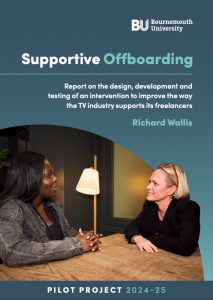 Academic research in the creative industries often identifies real-world challenges. We’re interested in inequalities, structural gaps, working conditions, management practices and much beside. But translating those insights into practical change isn’t always straightforward. So when The British Academy awarded me an Innovation Fellowship last year, I was able to use my time to develop a modest but tangible intervention that attempted to do both: contribute to scholarly thinking on freelance labour, and offer something of genuine value to people working in TV.
Academic research in the creative industries often identifies real-world challenges. We’re interested in inequalities, structural gaps, working conditions, management practices and much beside. But translating those insights into practical change isn’t always straightforward. So when The British Academy awarded me an Innovation Fellowship last year, I was able to use my time to develop a modest but tangible intervention that attempted to do both: contribute to scholarly thinking on freelance labour, and offer something of genuine value to people working in TV.
It’s called Supportive Offboarding. The core idea is simple. When a freelance contract ends, the employer offers a short, structured conversation with someone at arm’s length from the show. The purpose isn’t to assess the freelancer’s performance, or simply to extract feedback for the employer. Instead, the conversation focuses on reflection, appreciation, and a forward-looking discussion about career goals and next steps. In other words, it’s about support, not surveillance.
The project emerged from ongoing research into freelance working cultures in screen production which has been the focus of much of our work at the Centre for Excellence in Media Practice (CEMP). What we have discovered is that while much attention is given to how people enter the TV industry, far less thought is given to the sustainability of those careers. Most work in this sector is contingent, based on short-term contracts. The way they end, and freelancers move on, shapes their sense of professional identity, belonging and ultimately, their inclination to remain in the industry. Offering no feedback, taking no interest in their future, asking for no feedback, and sometimes forgetting to even say thank you, can compound feelings of disposability.
To test the intervention, we partnered with the media conglomerate, Fremantle, responsible for shows like Britian’s Got Talent, The Apprentice, and The Rap Game. We even included the Australian soap, Neighbours as part of our study. Freelancers were invited to take part in offboarding conversations. Responses were overwhelmingly positive. For many, it was the first time they had been offered structured space to reflect on a production once it had ended.
From a research perspective, this was as much about method as it was about findings. The process was co-designed with industry partners, shaped by production constraints, and aimed at practical feasibility. Our challenge wasn’t just to analyse a problem but to create something that might be adopted in live settings: something simple, repeatable, and valuable. What this project affirmed for me is that meaningful collaboration between academia and industry is not only possible but it can produce benefits for both. Research doesn’t need to sit at a distance from practice. It can help to shape it.
My report, Supportive Offboarding: Report on the design, development and testing of an intervention to improve the way the TV industry supports its freelancers (https://doi.org/10.18746/shkc-1383) is published this week.
/ Full archive
BU attendance at third annual GCPHR meeting in June
Today the University of Huddersfield reported online on the international array of over 70 delegates who attended the Annual Meeting of the Global Consortium for Public Health Research (GCPHR) hosted by the University of Huddersfield in June. Academics, policymakers, clinicians and researchers from around the world (including from Bournemouth University) spent two days on campus for the third GCPHR yearly meeting. Further details on the online report can be read here!
Prof. Edwin van Teijlingen
Centre for Midwifery & Women’s Health
Interactive Tangible and Intangible Heritage Applications – BU student work featured in new book chapter
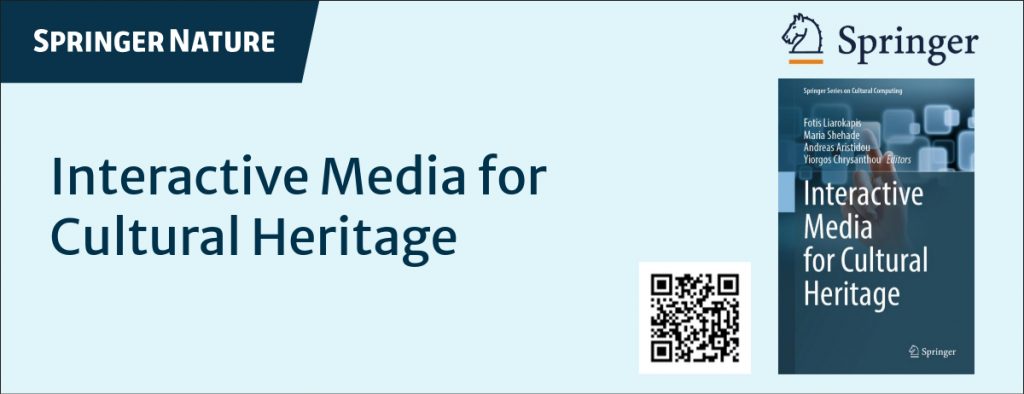 At the beginning of July, the chapter Interactive Tangible and Intangible Heritage Applications Built on Real-Time Graphics Systems: Heritage Experiences in Desktop CG, Virtual and Augmented Reality by Eike Falk Anderson, Valery Adzhiev, Paul Cheetham, Glyn Hadley, David John, Catja Larsson, Ana-Maria-Cristina Ureche and Mario Romero was published in the volume Interactive Media for Cultural Heritage of the highly regarded Springer Series on Cultural Computing.
At the beginning of July, the chapter Interactive Tangible and Intangible Heritage Applications Built on Real-Time Graphics Systems: Heritage Experiences in Desktop CG, Virtual and Augmented Reality by Eike Falk Anderson, Valery Adzhiev, Paul Cheetham, Glyn Hadley, David John, Catja Larsson, Ana-Maria-Cristina Ureche and Mario Romero was published in the volume Interactive Media for Cultural Heritage of the highly regarded Springer Series on Cultural Computing.
The chapter explores different types of interactive heritage experiences that can be built using modern computer games technologies, including museum exhibits, games and mobile apps, providing exemplars for heritage applications in the form of a set of case studies that encompass both tangible and intangible heritage.
 Among the featured case studies are three final year undergraduate student projects that were created at the National Centre for Computer Animation (NCCA) during the 2021/2022 academic year: two projects by Catja Larsson and one project by Ana-Maria-Cristina Ureche. Both alumni co-authored the chapter, demonstrating once again the excellent quality of work produced by NCCA undergraduates.
Among the featured case studies are three final year undergraduate student projects that were created at the National Centre for Computer Animation (NCCA) during the 2021/2022 academic year: two projects by Catja Larsson and one project by Ana-Maria-Cristina Ureche. Both alumni co-authored the chapter, demonstrating once again the excellent quality of work produced by NCCA undergraduates.
Second NIHR MIHERC meeting in Bournemouth this week
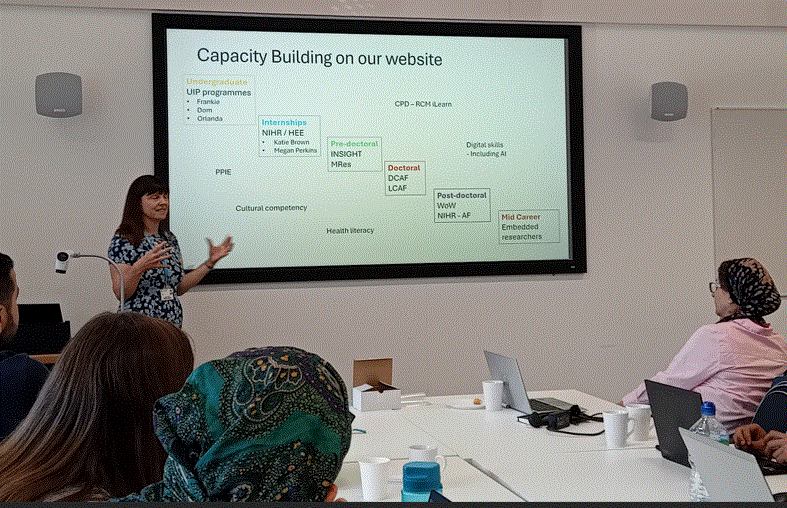 Today was the first day of strategic planning for the MIHERC project. Our collaborators from Sheffield and Doncaster came down to Bournemouth University to discuss progress, meet with midwifery practitioners from University Hospital Dorset NHS Foundation Trust,
Today was the first day of strategic planning for the MIHERC project. Our collaborators from Sheffield and Doncaster came down to Bournemouth University to discuss progress, meet with midwifery practitioners from University Hospital Dorset NHS Foundation Trust, and plan action for the coming year.
and plan action for the coming year.  MIHERC comprises an interdisciplinary team, led by Prof. Hora Soltani at Sheffield Hallam University, which has members from ethnically and professionally diverse colleagues from Sheffield Hallam University, Bournemouth University and Doncaster City Council.
MIHERC comprises an interdisciplinary team, led by Prof. Hora Soltani at Sheffield Hallam University, which has members from ethnically and professionally diverse colleagues from Sheffield Hallam University, Bournemouth University and Doncaster City Council.
Professors Vanora Hundley and Edwin van Teijlingen from the Centre for Midwifery and Women’s Health (CMWH), and Prof. Huseyin Dogan and Dr. Deniz Cetinkaya from the Department of Computing and Informatics are the key Bournemouth University applicants in MIHERC (Maternal & Infant Health Equity Research Centre). Further Bournemouth University academics have been incorporated since its start, these include: Drs. Malika Felton, Orlanda Harvey, Dominique Mylod and Daisy Wiggins. MIHERC is one of the nine NIHR-funded groups to tackle inequalities in UK maternal healthcare as part of the NIHR Challenge Call: Maternity Disparities Consortium. We are proud that of the nine funded groupings across the UK, MIHERC is the only one that is midwifery led.
Second paper for CMWH MRes student
Congratulations to Maryam Malekian, a MRes student in CMWH, who has just published her second paper as part of her integrated thesis in the highly respected journal Midwifery. Maryam’s paper reports her recently completed scoping review looking at knowledge and attitudes of nulliparous women regarding breastfeeding.
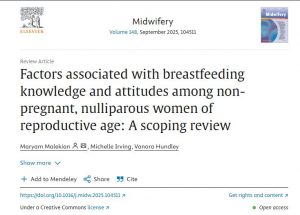 Malekian M, Irving M, Hundley V (2025) Factors associated with breastfeeding knowledge and attitudes among non-pregnant, nulliparous women of reproductive age: A Scoping review. Midwifery, vol 148, September, 104511
Malekian M, Irving M, Hundley V (2025) Factors associated with breastfeeding knowledge and attitudes among non-pregnant, nulliparous women of reproductive age: A Scoping review. Midwifery, vol 148, September, 104511
The protocol was published earlier this year in MIDIRS Midwifery Digest. She has also presented this work at the Maternal, Parental and Infant Nutrition and Nurture Unit (MAINN) Conference in April.
Malekian M, Hundley V, Irving M. (2025) A scoping review protocol of factors influencing breastfeeding knowledge and attitudes among non-pregnant, nulliparous women of reproductive age. MIDIRS Midwifery Digest, vol 35, no 2, June, pp 179-182.
Digital Health and AI: Paving the Way for Health Equity in Maternal and Infant Care
The long awaited 10-year health plan for England emphasises the use of digital technologies and the aspiration to “make the NHS the most AI-enabled health system in the world”. This requires expertise in artificial intelligence and data science, but interdisciplinary collaboration is also essential if we are to make this a reality.
The Maternal and Infant Health Equity Research Centre (MIHERC) aims to do this by bringing together experts in maternal health, behavioural science, AI and digital health to help drive innovative solutions through co-production and real partnership, ensuring better outcomes for all women and babies. MIHERC is led by Professor Hora Soltani at Sheffield Hallam University (SHU) in collaboration with key partners including Bournemouth University (BU), the City of Doncaster Council and South Yorkshire Digital Health Hub.
Alongside Professor Vanora Hundley, who has been appointed as a Capacity Training and Development Lead, Professor Huseyin Dogan and Prof Alessandro Di Nuovo from MIHERC will be co-leading the cross-cutting workstream titled “digital, data, monitoring, evaluation and implementation science” as part of the NIHR Maternity Disparities consortium. This workstreams aims
– to identify and test trusted, reliable AI technologies for deployment by the NHS to help reduce disparities;
– to develop and refine equity monitoring, real-world evaluation and implementation science methods for use in maternity disparities research, with a focus on enhancing their robustness and practical application;
– to embed advanced analytic and digital tools and implementation frameworks into maternity disparities research to improve the rigor and impact of studies on equity; and
– to build a community of practice within and external to consortium to develop analytical, methodological, and implementation science capacity.
The BU key academics are: Huseyin Dogan, Vanora Hundley, Edwin van Teijlingen, and Deniz Çetinkaya. Please do get in touch with the MIHERC team for further information.
Higher Education and the screen industries in the UK: towards better partnership and collaboration for the talent pipeline
This week Richard Wallis and Christa van Raalte attended the annual ‘Talking Shop’ conference of the National Association for Higher Education in the Moving Image (NAHEMI) as key note speakers. We presented out paper, recently published in Media Practice and Education, in which we explore persistent barriers to effective partnership, identifying and deconstructing six myths that undermine progress in this area. These are that: ‘universities exist primarily to serve the needs of employers’; ‘the screen industries do not require a graduate workforce’; ‘media work specifically requires media graduates’; ‘the value of a media degree is determined by how well it prepares students for entry-level media jobs’; ‘practice-based and “practical” courses exist to produce “set-ready” graduates for specific industry roles’; and ‘universities are a barrier to industry diversity’.
The paper was met with an enthusiastic response and we were invited to propose a NAHEMI Forum later in the year to further debate the implications of moving past these myths to a better informed and more constructive conversation built on mutual respect and understanding between HEIs and industry, recognizing their distinct roles and challenges.
AI and Academic Identities: Navigating the Future
The RKEDF is excited to announce this ECRN seed funded event:
AI and Academic Identities: Navigating the Future
📅 Thursday, 18th July 2025
🕚 11:00 AM – 3:15 PM
📍 FG06, Fusion Building, Bournemouth University
This interdisciplinary workshop explores how artificial intelligence is reshaping academic identity, challenging traditional roles in research, teaching, authorship, and professional development. Join us to reflect on what it means to be an academic in the age of AI and how to navigate these shifts with clarity and confidence.
Workshop aims:
- Examine how AI is influencing the academic profession and the nature of scholarly work
- Share cross-disciplinary perspectives and with me or Samreen experiences
- Encourage open dialogue around ethical, practical, and professional implications
- Consider how universities can support identity development in a tech-driven landscape
Click here for more information and to register your place.
(Places are limited and will be allocated on a first-come, first-served basis)
If you have any questions, don’t hesitate to get in touch with mconsonirubio@bournemouth.ac.uk or sashraf@bournemouth.ac.uk
PramaLife to present at the at Community Voices Webinar Wednesday 9 July, 12-1pm
We’re excited to welcome Sue Warr, Manager at PramaLife, to our July Community Voices Webinar. Sue will be sharing insights into the impactful work PramaLife is doing to empower independent lives for older people across Dorset.
Successful BU RSA away day!
On Thursday 19th June, Bournemouth University hosted a Research Staff Association (RSA) away day dedicated to supporting research staff across faculties. The event, themed Getting Started, Securing Funding, and Advancing Careers, brought together a small but engaged group of around 10 research staff members from across the university. While modest in size, the group dynamic created a welcoming and inclusive atmosphere that encouraged open discussion, shared experiences, and deep reflection.
The away day was organised by RSA Rep Dr. Gladys Yinusa (FHSS), with support from RSA Reps Dr. Pooja Shah (FHSS) and Dr. Michael Adjeisah. The agenda focused on practical tools and insights to support early- and mid-career researchers in navigating the complexities of academic funding and career development.
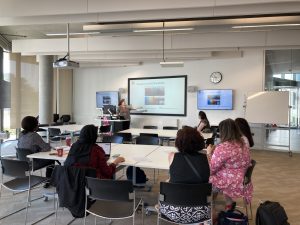 We kicked off the day with a hands-on workshop delivered by BU’s Research Development and Support (RDS) team. This session, Getting Started with Grant Applications, demystified the process of identifying funding opportunities, understanding funder expectations, and developing strong proposals. The RDS team’s practical advice was especially useful for those of us who are still finding our footing in the world of grant writing, and the interactive format gave everyone the chance to ask questions relevant to their own projects.
We kicked off the day with a hands-on workshop delivered by BU’s Research Development and Support (RDS) team. This session, Getting Started with Grant Applications, demystified the process of identifying funding opportunities, understanding funder expectations, and developing strong proposals. The RDS team’s practical advice was especially useful for those of us who are still finding our footing in the world of grant writing, and the interactive format gave everyone the chance to ask questions relevant to their own projects.
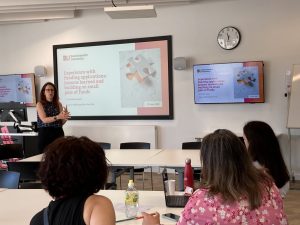 The second session featured a case study presentation by Dr Michelle Heward from FST. Michelle shared her personal journey navigating funding applications, reflecting on both challenges and successes. Her talk, Experience with Funding Applications: Lessons Learned and Building on Small Pots of Funds, offered a candid look at the realities of funding in academia. She highlighted how starting small—such as with pilot grants or internal funding—can build the credibility and track record needed to apply for larger awards. Michelle’s honesty and encouragement were appreciated by all, and her story resonated with many of the early-career researchers in the room.
The second session featured a case study presentation by Dr Michelle Heward from FST. Michelle shared her personal journey navigating funding applications, reflecting on both challenges and successes. Her talk, Experience with Funding Applications: Lessons Learned and Building on Small Pots of Funds, offered a candid look at the realities of funding in academia. She highlighted how starting small—such as with pilot grants or internal funding—can build the credibility and track record needed to apply for larger awards. Michelle’s honesty and encouragement were appreciated by all, and her story resonated with many of the early-career researchers in the room.
Beyond the sessions, the away day sparked rich conversations about the broader research culture at BU. A recurring theme was the sense of isolation often experienced by research staff—working on fixed-term contracts, across departments, and sometimes with limited opportunities to connect with peers. We discussed the need for more visible and accessible research communities within the university and brainstormed ways to build a greater sense of belonging.
There was also discussion around the design of future training opportunities—both inclusive of and separate from the doctoral college—to ensure relevance and usefulness for all research career stages. Participants expressed interest in more tailored sessions that reflect the diverse needs and experiences of researchers across faculties.
The away day was a valuable reminder of the importance of coming together as a research community. It gave us space to share knowledge, learn from each other, and feel seen in roles that are often overlooked. We’re looking forward to building on the momentum from this event to strengthen networks, advocate for researcher needs, and continue creating opportunities for meaningful connection and career development.
Dr Pooja Shah,
Postdoctoral researcher
TANGERINE Project (nuTritional heAlth aNd aGeing in oldER ethnIc miNoritiEs)
Bournemouth University Showcases Defence Innovation at BattleLab’s South West Regional Defence & Security Cluster Event
What a brilliant and absolutely packed South West Regional Defence & Security Cluster showcase event at the BattleLab on July 2nd, 2025! The team, led by Professor Huseyin Dogan, proudly showcased Bournemouth University’s capabilities in the defence sector.
The Bournemouth University team included Finn Morgan, Nigel Davies, Serdar Akar, and Egemen Oner, alongside their client, Dr. Shamal Faily from the Defence Science and Technology Laboratory (Dstl). Among the 180 guests and exhibitors, the BU team presented three Dstl-funded projects covering critical areas such as human factors, risk-informed decision-making, and cyber resilience.
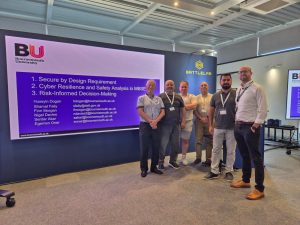
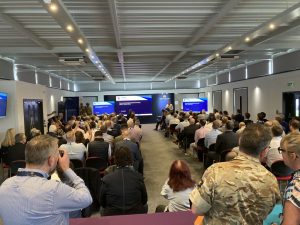
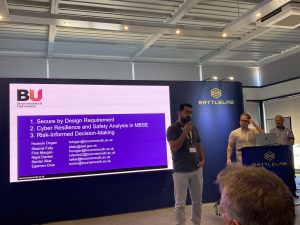
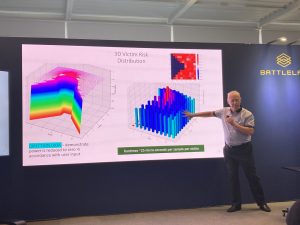
Featured Dstl-Funded Projects:
- Tool-support for embedding safety, security, and human factors analysis into Secure by Design requirements.
- Risk-Informed Decision-Making (RIDM) in Intentional Electromagnetic Interference (IEMI).
- Towards Productive Cyber Resilience and Safety Analysis in Model-Based System Engineering (MBSE).
Collaboration for Secure by Design Practices
In addition to the BattleLab showcase, Dr. Duncan Ki-Aries and Prof. Huseyin Dogan also partnered with Mima, a human-centred design consultancy. Their collaboration focused on developing and evaluating a Minimum Viable Product (MVP). This MVP demonstrates how safety, security, and human factors analysis can be seamlessly integrated into Secure by Design requirements practices. The tool was successfully demonstrated at the Dstl Portsdown West site in June 2025, further highlighting Bournemouth University’s expertise in developing secure and effective systems for defence applications.
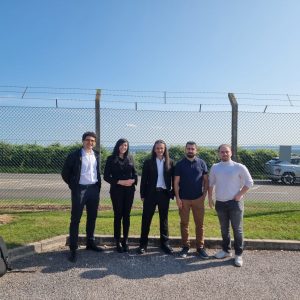
If you’re interested in learning more about these impactful projects, please don’t hesitate to get in touch with Prof. Huseyin Dogan and Dr. Duncan Ki-Aries.
AI and Visual Anthropology & Sociology
Scholars worldwide are in dialogue about using Artificial Intelligence (AI) in various fields of research. Of course, AI can make certain kinds of work more efficient, this is also the case in social science research. Although ethical use of AI is still fuzzy, the use of AI in visual anthropological and sociological research that entails the Interpretive Approach raises several questions. The editorial team of Dhaulagiri Journal of Sociology and Anthropology, including BU’s Professor Edwin van Teijlingen, just published a research note raising three key questions: First, are researchers satisfied with the interpretation (the meaning created) by AI, i.e., the authenticity of the interpretation?; (b) Secondly, can AI reach the depth of the details of the visual object being interpreted? And thirdly, what ethical issues would AI-based research encounter if AI were highly supportive?
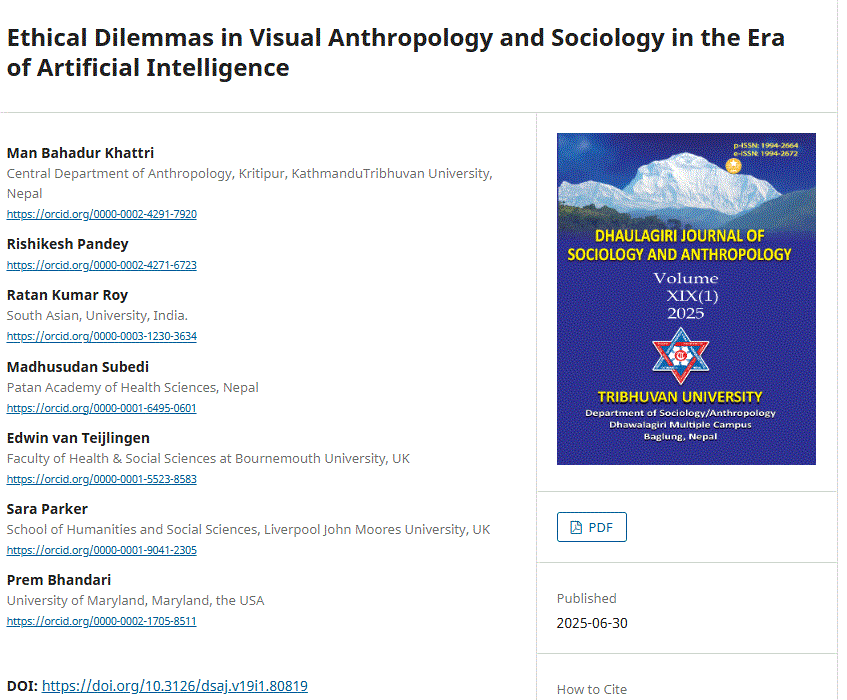 They agree that answering these questions is not easy. Since a detailed analysis of these components needs rigorous research work, we consider issues that will be the basis for further research in this editorial note. Hence, the purpose of this editorial note is to bring the research agenda to the forefront of researchers for further investigation rather than answering specific research questions mentioned above.
They agree that answering these questions is not easy. Since a detailed analysis of these components needs rigorous research work, we consider issues that will be the basis for further research in this editorial note. Hence, the purpose of this editorial note is to bring the research agenda to the forefront of researchers for further investigation rather than answering specific research questions mentioned above.
Reference:
- Khattri, M. B., Pandey, R., Roy, R. K., Subedi, M., van Teijlingen, E., Parker, S., & Bhandari, P. (2025). Ethical Dilemmas in Visual Anthropology and Sociology in the Era of Artificial Intelligence. Dhaulagiri Journal of Sociology and Anthropology, 19(1), i-v. https://doi.org/10.3126/dsaj.v19i1.80819
Dr. Ashraf cited on ‘Modest Fashion’ in The Guardian
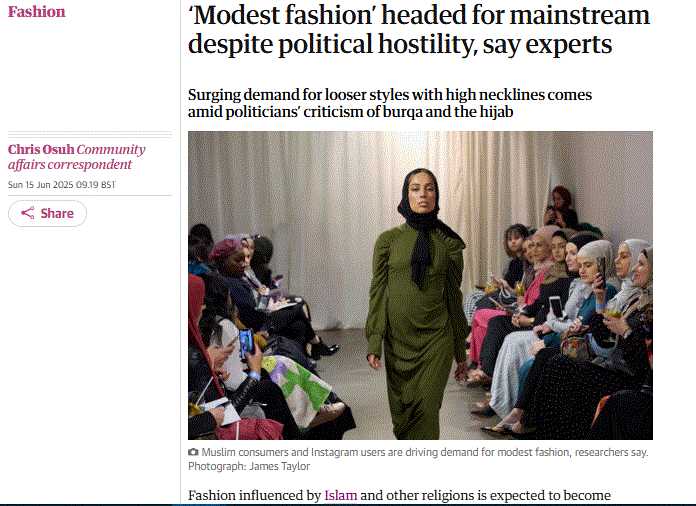 Earlier this month (15 June) Dr. Samreen Ashraf, was cited in the newspaper The Guardian in an interesting article with title ‘Modest fashion’ headed for mainstream despite political hostility, say experts. The article recognizes that Dr. Samreen Ashraf pioneered UK research into modest fashion. The journalist reporting on this, Chris Osuh, cited Samreen as saying that the growth of modest fashion “was also driven by women’s desire to avoid objectification” and that “the market remained underserved, with issues around clear labeling from big brands and affordability with smaller suppliers”.
Earlier this month (15 June) Dr. Samreen Ashraf, was cited in the newspaper The Guardian in an interesting article with title ‘Modest fashion’ headed for mainstream despite political hostility, say experts. The article recognizes that Dr. Samreen Ashraf pioneered UK research into modest fashion. The journalist reporting on this, Chris Osuh, cited Samreen as saying that the growth of modest fashion “was also driven by women’s desire to avoid objectification” and that “the market remained underserved, with issues around clear labeling from big brands and affordability with smaller suppliers”.
Samreen is Principal Academic in Marketing, the Bournemouth University’s Business School.
Congratulations!
Prof. Edwin van Teijlingen
NIHR-funded research launches website
 On World Refugee Day 2025, Friday 20 June, the new Maternal and Infant Health Equity Research Centre (MIHERC) website was launched. MIHERC is a hub for research, collaboration and action on maternal and infant health equity. MIHERC) is a collaborative effort between Sheffield Hallam University, Bournemouth University and City of Doncaster Council working to reduce health inequalities for mothers and babies. This year’s World Refugee Day’s theme, hashtagSolidarity, reflects MIHERC’s mission to stand with all mothers and babies – especially those facing health and social inequalities or barriers to care.
On World Refugee Day 2025, Friday 20 June, the new Maternal and Infant Health Equity Research Centre (MIHERC) website was launched. MIHERC is a hub for research, collaboration and action on maternal and infant health equity. MIHERC) is a collaborative effort between Sheffield Hallam University, Bournemouth University and City of Doncaster Council working to reduce health inequalities for mothers and babies. This year’s World Refugee Day’s theme, hashtagSolidarity, reflects MIHERC’s mission to stand with all mothers and babies – especially those facing health and social inequalities or barriers to care.
Academics write for newspaper in Nepal
Yesterday the online newspaper Online Khabar in Nepal published an opinion piece in English written by three Bournemouth University academics working with a colleague in Kathmandu. This interdisciplinary piece ‘Resilient through experiences: Unlocking the entrepreneurial prowess of Nepal’s left-behind women‘ brings together ideas gained from many different studies and disciplines. The three authors from Bournemouth University are: Dr. Sukanya Ayatakshi-Endow, Prof. Edwin van Teijlingen, and Dr. Pramod Regmi, and they collaborated with Dr. Rashmee Rajkarnikar who is based at Nepal’s oldest and largest university, Tribhuvan University. The four authors brings insights from economics, business studies, sociology, women’s studies, migration studies and health.
Presentation at the 9th International Visual Methods Conference (Istanbul)
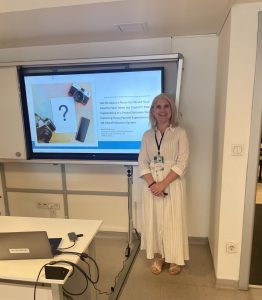
Adele McMahon, PhD student in the Faculty of Health and Social Sciences, presented at the 9th International Visual Methods Conference (IVMC9), held in Istanbul. Her presentation, titled “Tell Me About a Photo You Would Have Liked to Have Taken but Couldn’t: Ethical Implications of a Photo Elicitation Study Exploring Young Parents’ Experience of the UK Child Protection System,” reflected on the ethical issues and challenges encountered during her research.
Presenting to an international audience of visual researchers offered a valuable opportunity to share insights and engage in meaningful dialogue. Adele was able to connect with fellow researchers and participate in rich discussions around the ethical complexity of visual methods, especially in contexts involving marginalised populations.
Adele is thankful to the IVMC9 organisers and attendees for creating such a thoughtful and stimulating conference environment and to Bournemouth University for facilitating her attendance.
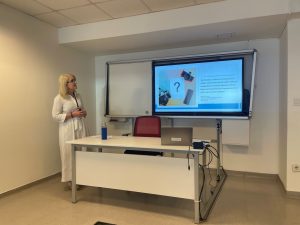
Shortlisted for the SWET Scholarship
Adele McMahon (PhD student in the Faculty of Health and Social Sciences) recently applied for the £3,000 scholarship offered by the Social Workers’ Educational Trust (SWET). And although she wasn’t selected for the top award, she was incredibly honoured to be shortlisted as one of the final three candidates.
As recognition of her work and proposal, she was awarded a £500 grant. This funding will go directly towards the dissemination of her research findings, helping to ensure that the insights she’s developed reaches practitioners, educators, and wider communities who can benefit from them.
Adele is deeply grateful to SWET for this opportunity and their support of her research exploring what young people say about their lived experiences as adolescent parents in the child protection system.
New paper published on disability in women & girls
Yesterday (25 June) the online journal PLoS One published ‘Life-time experience of violence among women and girls living with disability in Nepal‘ our latest study on disability in Nepal [1]. This cross-sectional study was conducted in 28 municipalities representing all seven provinces as well as all three ecological regions of Nepal. A total of 1,294 women and girls with disability aged 15–59 years participated in 2021. We trained local enumerators using the KoBo application on smartphones or tablets. Both written and oral informed consent was sought from all participants. Cross-tabulations were performed in STATA 18 to determine the distribution of the prevalence of violence. Also, bivariable and multivariable logistic regression models were fitted to establish association between the participants’ characteristics and odds of experiencing violence.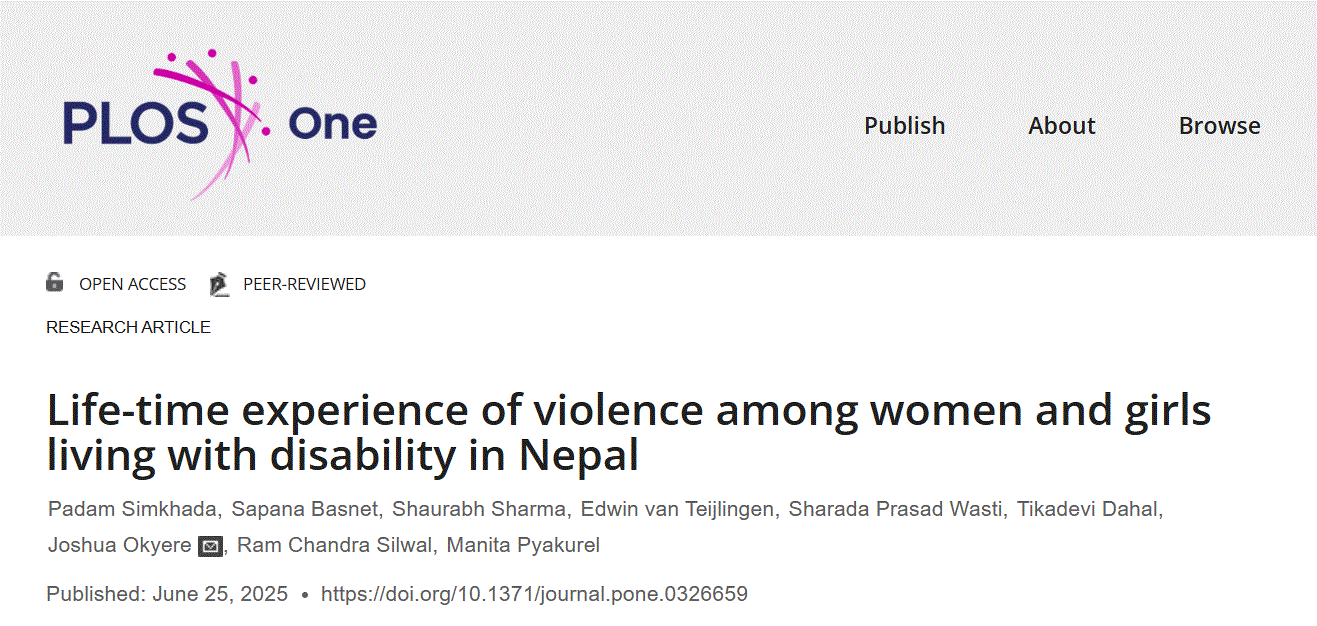
Overall, 457 (35.32%) women living with disabilities had ever experienced violence at a point in their lifetime. Psychological/emotional violence was the most prevalent violence (74.40%) followed by physical violence (31.07%) and denial of services (28.67%). Age was positively associated with the likelihood of experiencing violence. Women belonging to the Brahman/Chhetri ethnic group had reduced odds of violence [AOR = 0.56; 95%CI: 0.37–0.85] compared to Hill Dalits. Divorced or separated women showed a markedly higher likelihood of experiencing violence [AOR = 6.69; 95%CI: 2.31–19.40] compared to currently married women. Participants who had not witnessed violence against other women exhibited significantly higher odds of experiencing violence [AOR = 1.86; 95%CI: 1.20–2.89]. Women living in the Koshi province [AOR = 4.04; 95%CI: 2.54–6.42], Madhesh province [AOR = 2.16; 95%CI: 1.15–4.08] and Bagmati province [AOR = 2.21; 95%CI: 1.41–3.46] reported significantly higher odds of experiencing violence compared to those in Karnali.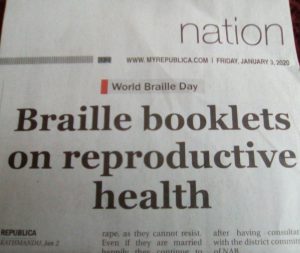
The paper concludes oncludes that age, ethnicity, marital status, and provincial residence are significant predictors of violence among women and girls living with disability in Nepal. Interventions aimed at addressing violence against women living with disability in Nepal must prioritize older women and those who were previously married. Also, policy-makers may want to consider giving priority must be given to those provinces where the prevalence and risk of experiencing violence is highest.
The study was funded The United Nations Women Trust Fund, and the paper is freely available in the Open Access journal. We previously published on research into disability in Nepal in 2023 [2].
Prof. Edwin van Teijlingen
Centre for Midwifery & Women’s Health
Visiting Faculty, Centre for Disability Studies, Mahatma Gandhi University, Kerala, India.
References:
- Simkhada P, Basnet S, Sharma S, van Teijlingen E, Wasti SP, Dahal T, et al. (2025) Life-time experience of violence among women and girls living with disability in Nepal. PLoS One 20(6): e0326659. https://doi.org/10.1371/journal.pone.0326659.
- Simkhada, P, Shyangdan, D, van Teijlingen E, Kadel, S, Stephen, J., Gurung, T. (2013) Women’s Knowledge & Attitude towards Disability in Rural Nepal. Disability & Rehabilitation 35(7): 606-13. http://informahealthcare.com/doi/abs/10.3109/09638288.2012.702847
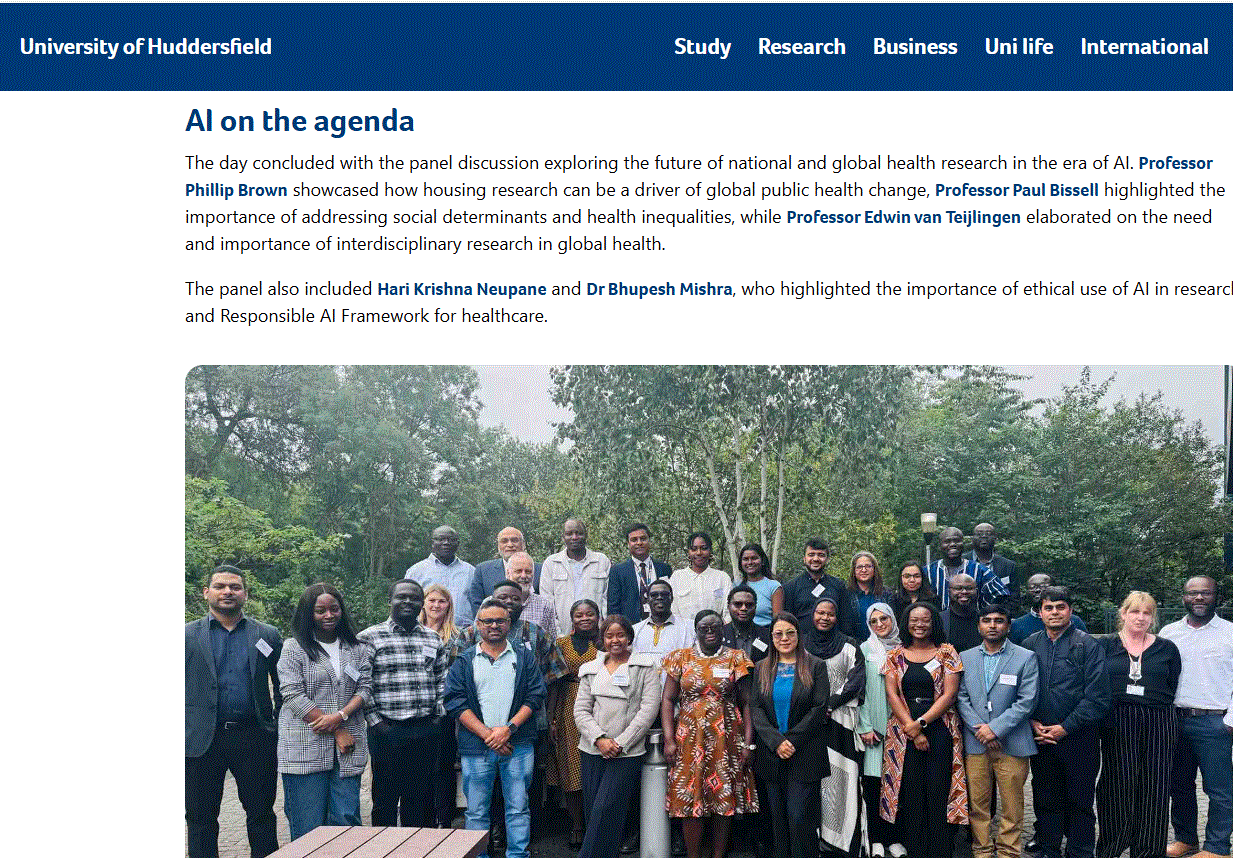

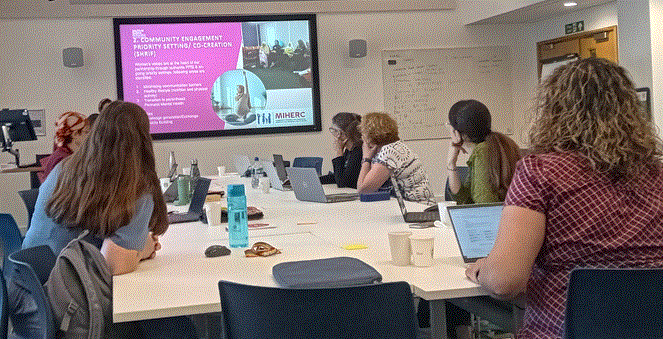

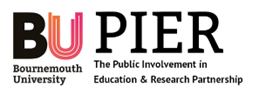
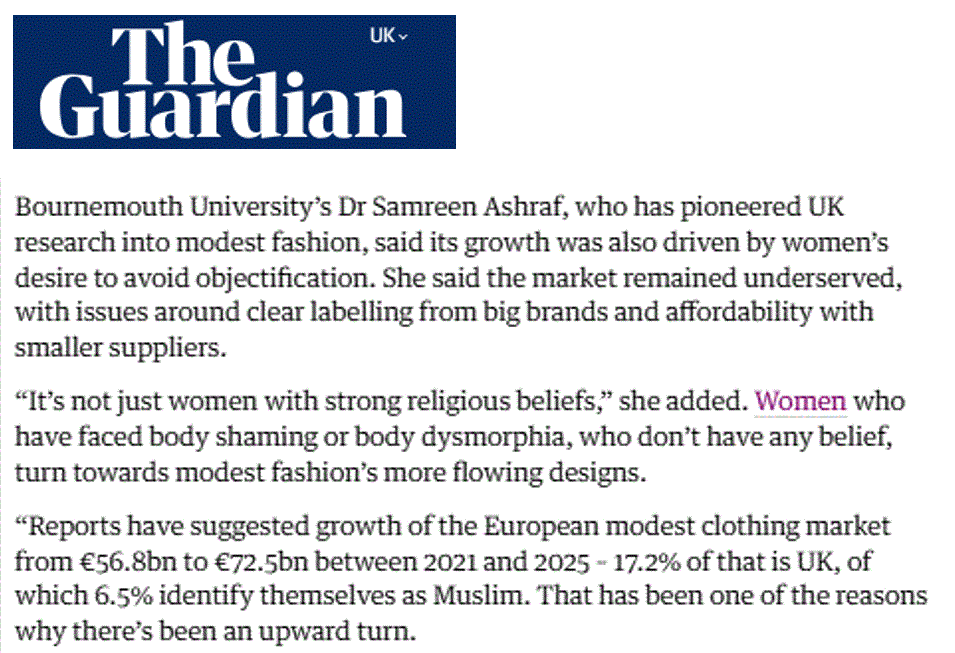
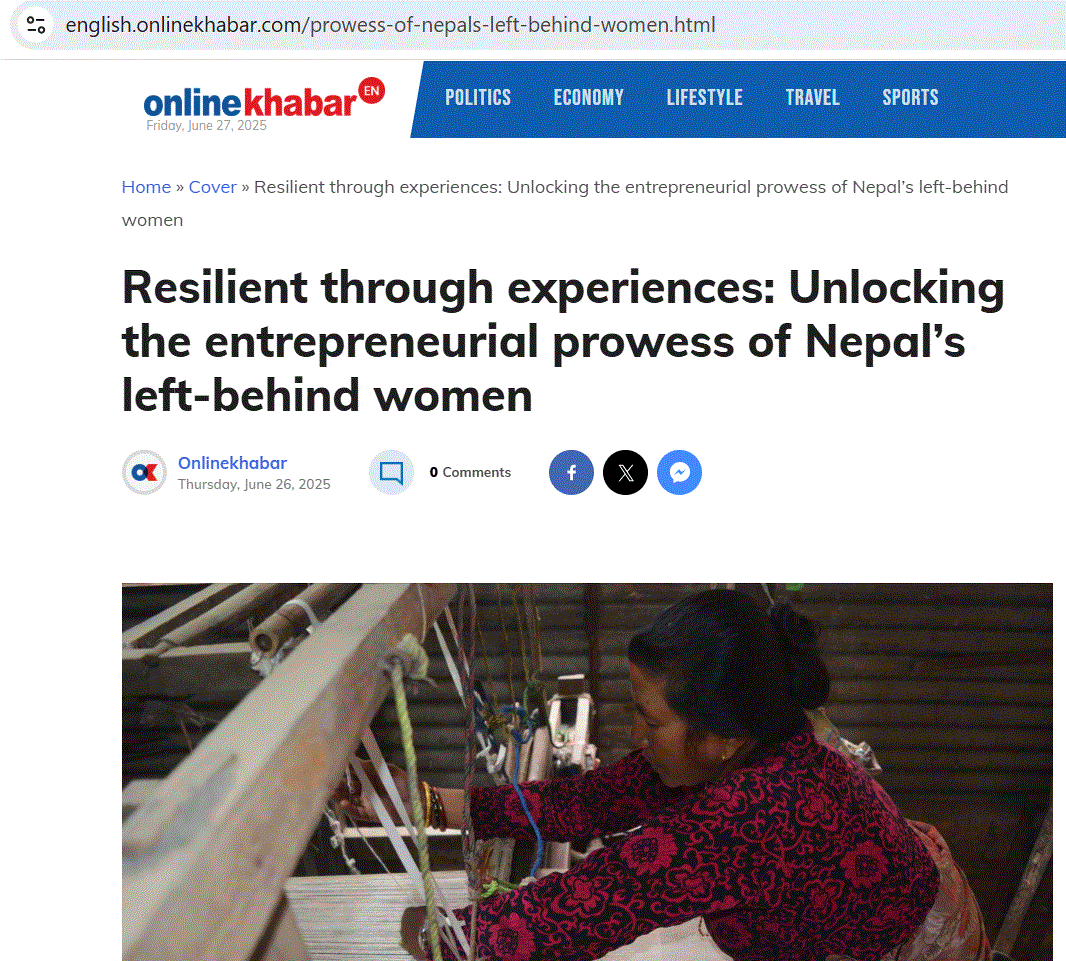











 BU attendance at third annual GCPHR meeting in June
BU attendance at third annual GCPHR meeting in June Interactive Tangible and Intangible Heritage Applications – BU student work featured in new book chapter
Interactive Tangible and Intangible Heritage Applications – BU student work featured in new book chapter Second NIHR MIHERC meeting in Bournemouth this week
Second NIHR MIHERC meeting in Bournemouth this week MSCA Postdoctoral Fellowships 2025 Call
MSCA Postdoctoral Fellowships 2025 Call ERC Advanced Grant 2025 Webinar
ERC Advanced Grant 2025 Webinar Horizon Europe Work Programme 2025 Published
Horizon Europe Work Programme 2025 Published Horizon Europe 2025 Work Programme pre-Published
Horizon Europe 2025 Work Programme pre-Published Update on UKRO services
Update on UKRO services European research project exploring use of ‘virtual twins’ to better manage metabolic associated fatty liver disease
European research project exploring use of ‘virtual twins’ to better manage metabolic associated fatty liver disease
Explore our work, meet our partners, and find out how you can collaborate with us by clicking here! MIHERC is led by Sheffield Hallam University, with Bournemouth University as a key partner and the important funding coming from NIHR (National Institute for Health and Care Research) Maternity Challenge Initiative. The BU key academics are: Huseyin Dogan, Vanora Hundley, Edwin van Teijlingen, and Deniz Çetinkaya. Please share with all who may be interested.